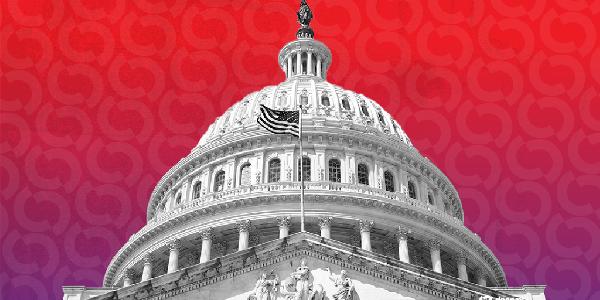
 Source: Pixabay
Source: PixabayThe number of Canadian cryptocurrency users has dropped in 2023 due to bear market fears and wider macroeconomic factors, a new survey shows.
A Crypto Asset Survey published by the Ontario Securities Commission (OSC) was conducted to show consumer interaction with virtual assets, investment experience, major drivers, and key market determinants.
According to the survey, Canadian ownership of digital assets fell from 13 in 2022 to 10 this year, signaling a poor trend some experts say was caused by plunging prices due to the bear market and tightening regulations.
Virtual asset utility plummets among holders
Participants hold the view that digital assets would not play a major role in sectors of the economy as was previously touted. Last year, 38 of the country believed that assets would be instrumental in the future of finance but presently only 26.
Despite this, 34 of citizens believe the tide will turn in the future while 49 of users who held they believe in 2022. A shocking revelation by the survey in the declining interest of Canadians is that average ownership per user has increased.
This means that while the average number of users left the market, the remaining holders significantly increased their holdings as the mean market value surged to $82,992 this year from $52,975 in 2022.
Most notably, 77 of Canadian citizens regret being exposed to digital assets, a growth from 68 last year as the majority say their assets are not performing as they have anticipated.
In terms of exposure, over 50 of the country has a full grasp on the sector which often translates to increased adoption. A recent report by the Bank of Canada also shows that the country’s Central Bank Digital Currency (CBDC) project is not widely anticipated as users still prefer utilizing current payment options.










